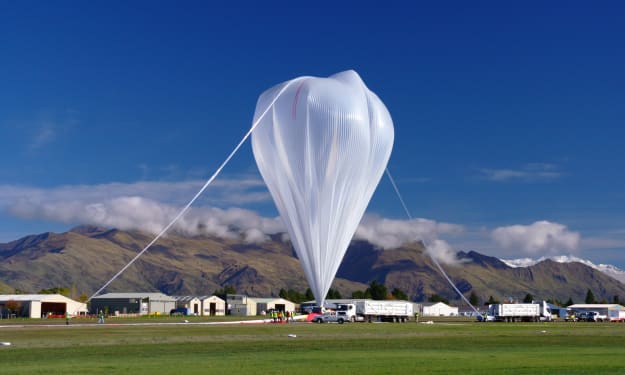Revolutionary Acts: How Ordinary People Changed History Forever
Historic curiosities

When we think of history, our minds often gravitate towards iconic leaders and grand events. However, it is important to recognize that throughout history, it has been ordinary people who have risen up and catalyzed significant change. From grassroots movements to acts of individual bravery, the power of ordinary individuals to shape the course of history should never be underestimated. In this article, we will explore some of the revolutionary acts carried out by ordinary people that have had a lasting impact on societies, cultures, and the world at large.
The Boston Tea Party: A Defiant Act of Resistance
In 1773, a group of American colonists, angered by unfair taxation imposed by the British Crown, staged the infamous Boston Tea Party. Ordinary individuals, disguised as Native Americans, boarded British ships and dumped chests of tea into the harbor as a statement against British rule. This act of rebellion ignited the flames of the American Revolution, ultimately leading to the birth of the United States of America.
The Montgomery Bus Boycott: A Stand Against Segregation
In 1955, Rosa Parks, an African American woman, refused to give up her seat on a segregated bus in Montgomery, Alabama. Her act of defiance sparked the Montgomery Bus Boycott, a mass protest led by ordinary citizens who refused to use the city's bus services. Lasting for over a year, this movement marked a turning point in the civil rights struggle, challenging the discriminatory Jim Crow laws and ultimately leading to desegregation.
Solidarity Movement: Paving the Way for Polish Democracy
In the 1980s, Poland was under the oppressive rule of a communist regime. Ordinary workers, led by Lech Walesa, organized strikes and protests, demanding better working conditions and political reforms. The Solidarity movement gained momentum, uniting millions of Poles and challenging the authority of the government. Eventually, this grassroots movement led to the dismantling of the communist regime and the establishment of democracy in Poland.
The Arab Spring: A Wave of Protests for Change
Beginning in late 2010, a series of mass uprisings and protests swept across the Arab world, demanding political reform, economic justice, and an end to authoritarian rule. Ordinary people, fueled by frustration and a desire for change, took to the streets, using social media to mobilize and organize. The Arab Spring led to the overthrow of long-standing dictators in Tunisia, Egypt, Libya, and Yemen, forever reshaping the political landscape of the region.
The Stonewall Riots: A Turning Point for LGBTQ+ Rights
In 1969, a police raid on the Stonewall Inn, a popular gay bar in New York City, sparked days of protests and clashes with law enforcement. These riots, led predominantly by LGBTQ+ individuals, marked a pivotal moment in the fight for LGBTQ+ rights and liberation. The Stonewall Riots served as a catalyst for the modern gay rights movement, inspiring advocacy, visibility, and the eventual progress towards equal rights and acceptance.
The Salt March: Gandhi's Nonviolent Resistance
In 1930, Mahatma Gandhi led the Salt March, a peaceful protest against the British salt tax imposed on the people of India. Gandhi and his followers walked over 240 miles to the Arabian Sea, where they produced their own salt in defiance of British laws. This act of civil disobedience not only highlighted the unjust policies of the British Raj but also galvanized the Indian independence movement, ultimately leading to the liberation of India.
These examples of revolutionary acts by ordinary people illustrate the immense power that individuals possess to change the course of history. These acts of defiance, bravery, and resilience have left an indelible impact on societies and have paved the way for progress, justice, and equality. It is crucial to remember that history is not solely shaped by the actions of powerful leaders but also by the collective actions of ordinary individuals who dare to challenge the status quo. By acknowledging and celebrating the revolutionary acts of ordinary people, we are reminded that we all have the potential to make a difference and shape the world we live in.
***
Thanks for your time and reading!
About the Creator
Agnes Hill
Student and history nerd who gets too bored during school lessons
Enjoyed the story? Support the Creator.
Subscribe for free to receive all their stories in your feed. You could also pledge your support or give them a one-off tip, letting them know you appreciate their work.






Comments
There are no comments for this story
Be the first to respond and start the conversation.